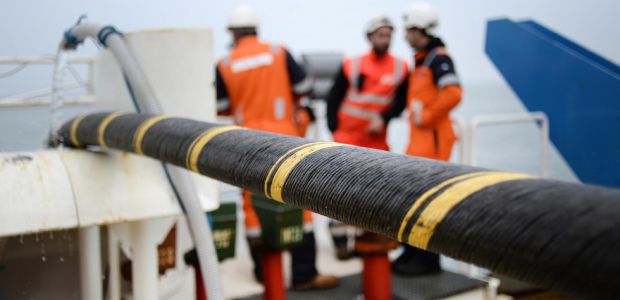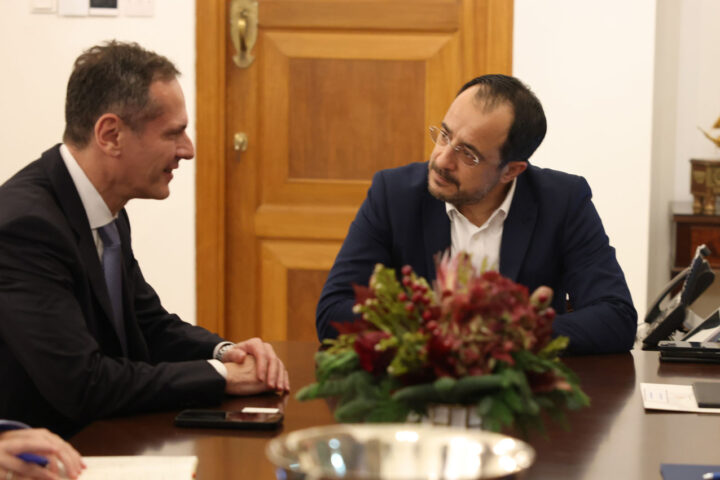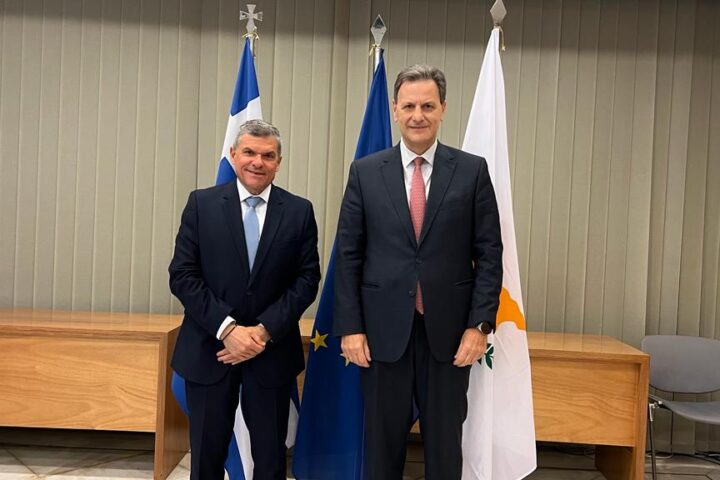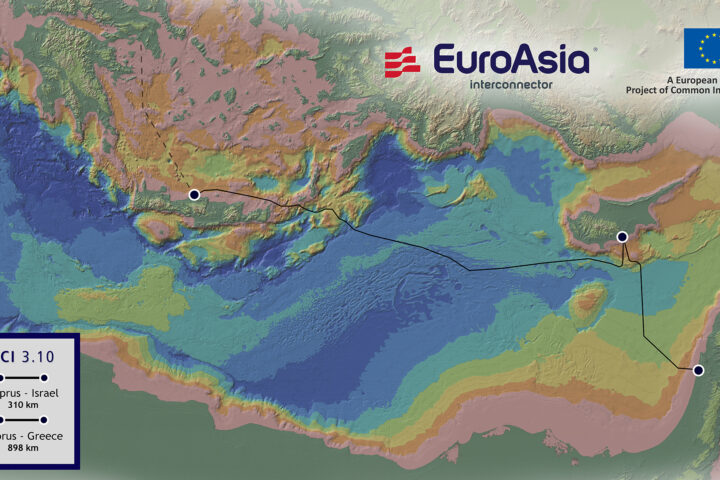EuroAsia Interconnector, operator of the subsea electricity cable that will link the power grids of Israel, Cyprus and Greece, said it has written to the Audit Office over comments about a possible review of the project, if public funds are used.
In an announcement on Wednesday, EuroAsia said it was ready “to provide any information or data” to the Audit Office in the event that the government decides to participate as a shareholder or provide a state guarantee.
The project has already secured a grant of €658 mln from the EU’s ‘Connecting Europe Facility’ that funds all European electricity and natural gas projects in an effort to disengage from dependence on Russian energy supplies, and also to set targets for lower CO2 emission levels by 2030 and near-zero by 2050.
The EuroAsia has also secured a further grant of €100 mln from the Recovery and Resilience Fund established to boost competitiveness within the Union, with the 1,000MW electricity interconnector expected to cost €1.9 bln for the Cyprus-Crete sector.
From Crete, the cable will link up through the IPTO grid across Greece and into continental Europe, while from the converter station in Cyprus, it will reach eastward to Israel, which is expected to face a power production shortfall by 2027.
Thus it will end the energy isolation of Cyprus.
IPTO has already expressed interest to participate in EuroAsia with a 25% stake, realising the project’s geopolitical importance in the eastern Mediterranean, while other institutions are also interested to invest.
One of these potential financiers is the European Investment Bank, which has already funded similar interconnector projects throughout the EU and would need some form of a state guarantee to underwrite a loan.
The press spokesman for the Audit Office said that for a direct state participation in the project’s equity or for a government guarantee, they would need to review the sustainability of the project, as they are tasked with safeguarding taxpayers’ money.
Since 2013
EuroAsia said the interconnector project is being implemented since 2013, in accordance with European regulations and the directives of the European Agency for Regulatory Authorities (ACER).
Its evaluation is carried out by applying the methodology of the European Association of National Electricity Transmission Operators ENTSO-E and the European Commission, it said.
The project is being implemented “with full transparency, consultations with all institutional and state bodies and the participation of the public,” EuroAsia said.
The progress of its implementation is supervised by the competent national and European authorities, such as the energy ministries of Cyprus and Greece, as well as the regulatory authorities, RAE and CERA.
It added that “the positive socio-economic benefits and sustainability have been positively evaluated and approved by the national and European competent authorities since 2017, based on the methodologies and cost-benefit analysis studies provided for by the European Regulation.
Benefits
“The benefits and sustainability of the project have been evaluated and adopted by the EU in the context of securing €658 million in European funding, the largest that a project in Cyprus has historically received from the EU.”
EuroAsia said the project is a cross-border energy infrastructure electricity interconnection of public interest, with free access and use by all network users and significant socio-economic benefits, and is fully regulated by the competent authorities in all phases of its development, construction and operation.
After the recent signing of the record €1.43 bln contract with Nexans for the construction of the submarine cables, the project promoter is proceeding with the completion of the financing according to the financial plan.
“The participation of the Cypriot government, as a shareholder, is not a factor in completing the financing of the project and was not included in the financial plan. At the same time, the reference to the potential granting of state guarantees, if and when needed, arose from the possible financing of the project by the EIB, which in similar cases has been granted a state guarantee for the granting of a loan.”










